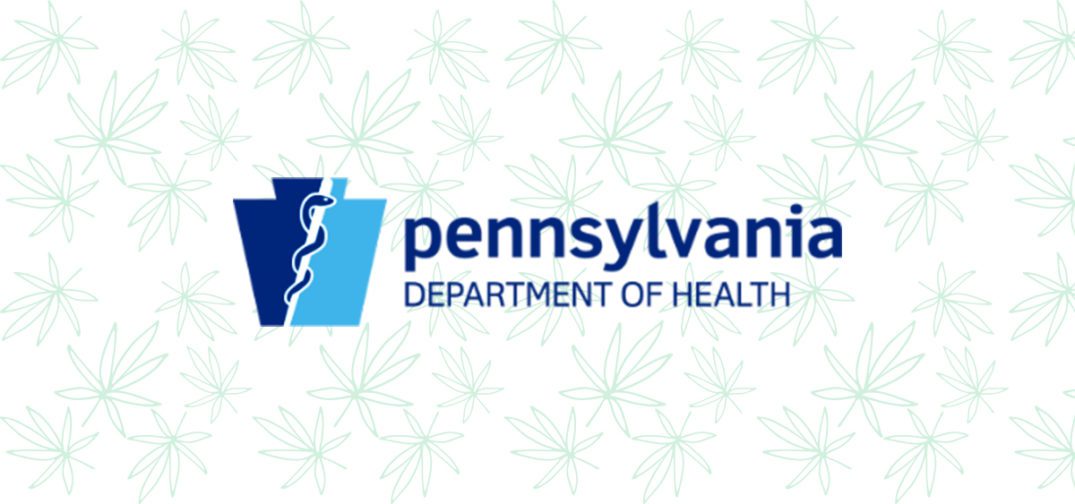The Pennsylvania Medical Marijuana Advisory Board on Tuesday rejected petitions to allow medical cannabis to be used to treat traumatic brain injury, hepatitis, hepatitis C, chronic insomnia, and major depressive disorder that is unresponsive to other treatments, the Tribune-Democrat reports.
Physician General Dr. Denise Johnson said board members were concerned that the applications for traumatic brain injury, hepatitis, and hepatitis C were too broad and would have allowed people to qualify for the state medical cannabis program in cases that would be inappropriate, the report says.
The board was also worried that juveniles could qualify for the program if they suffered acute traumatic brain injuries. Johnson said there is evidence that medical cannabis could benefit chronic hepatitis and chronic hepatitis C patients, but board members felt it would be inappropriate to allow medical cannabis for people who’d had acute cases of hepatitis. The board is unable to amend applications but it can notify applicants to resubmit and request changes, the report says.
Molly Robertson, an advisory board member, called the situation “ridiculous” because the board was unanimous in its support for allowing individuals with chronic hepatitis and chronic hepatitis C to qualify for the medical cannabis program.
“I don’t know why we would make them wait to add one word to the application. The bottom line is patients are waiting.”—Robertson to the Tribune-Democrat
Johnson said that the board’s decision to reject chronic insomnia and major depressive disorder was less controversial because the board had determined that there was no evidence medical cannabis is useful in treating the conditions.
There are 367.925 medical cannabis patients in Pennsylvania that have been diagnosed with one or more of 23 qualifying conditions.
Get daily cannabis business news updates. Subscribe
End
